Gallery
Photos from events, contest for the best costume, videos from master classes.
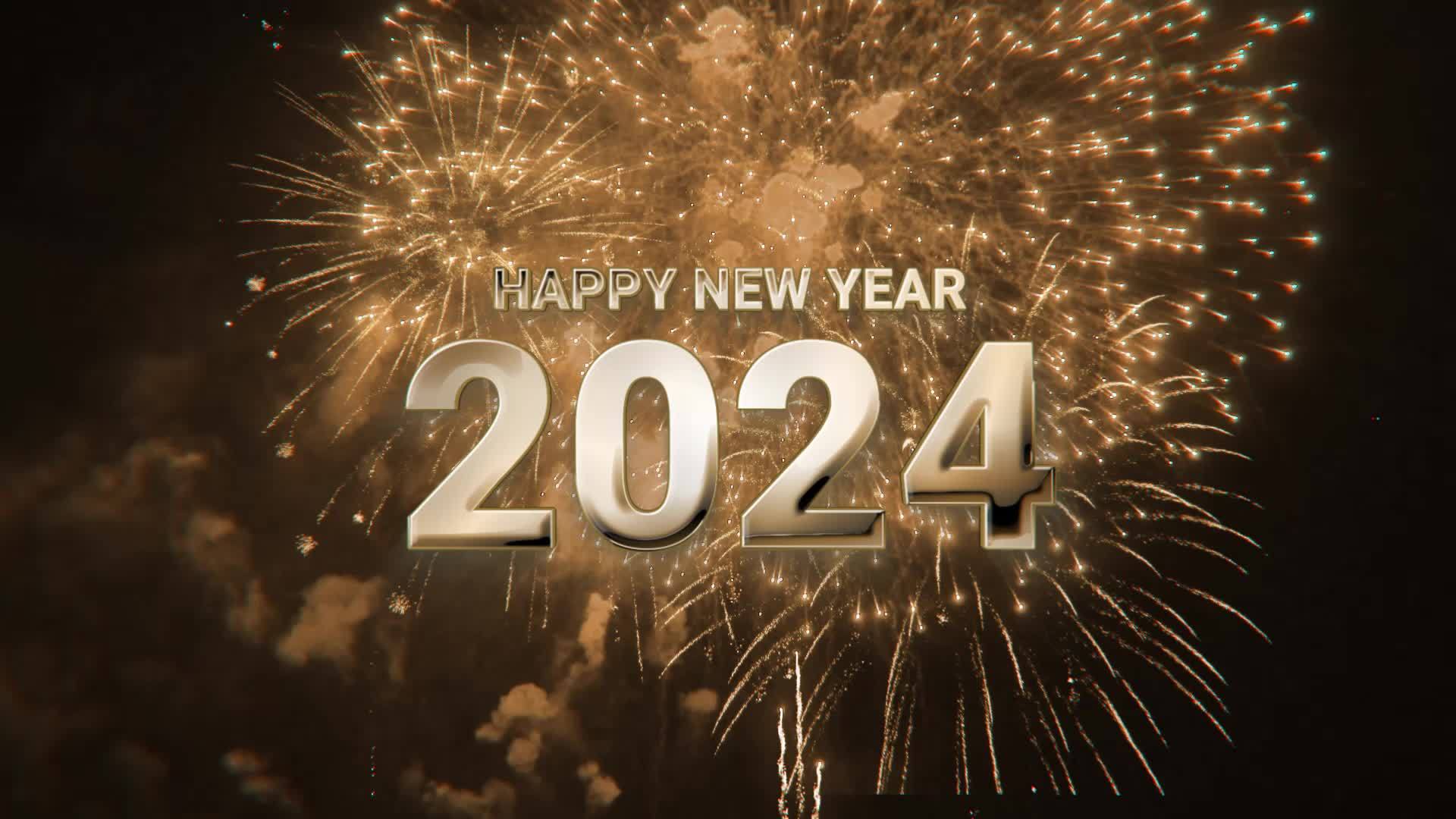
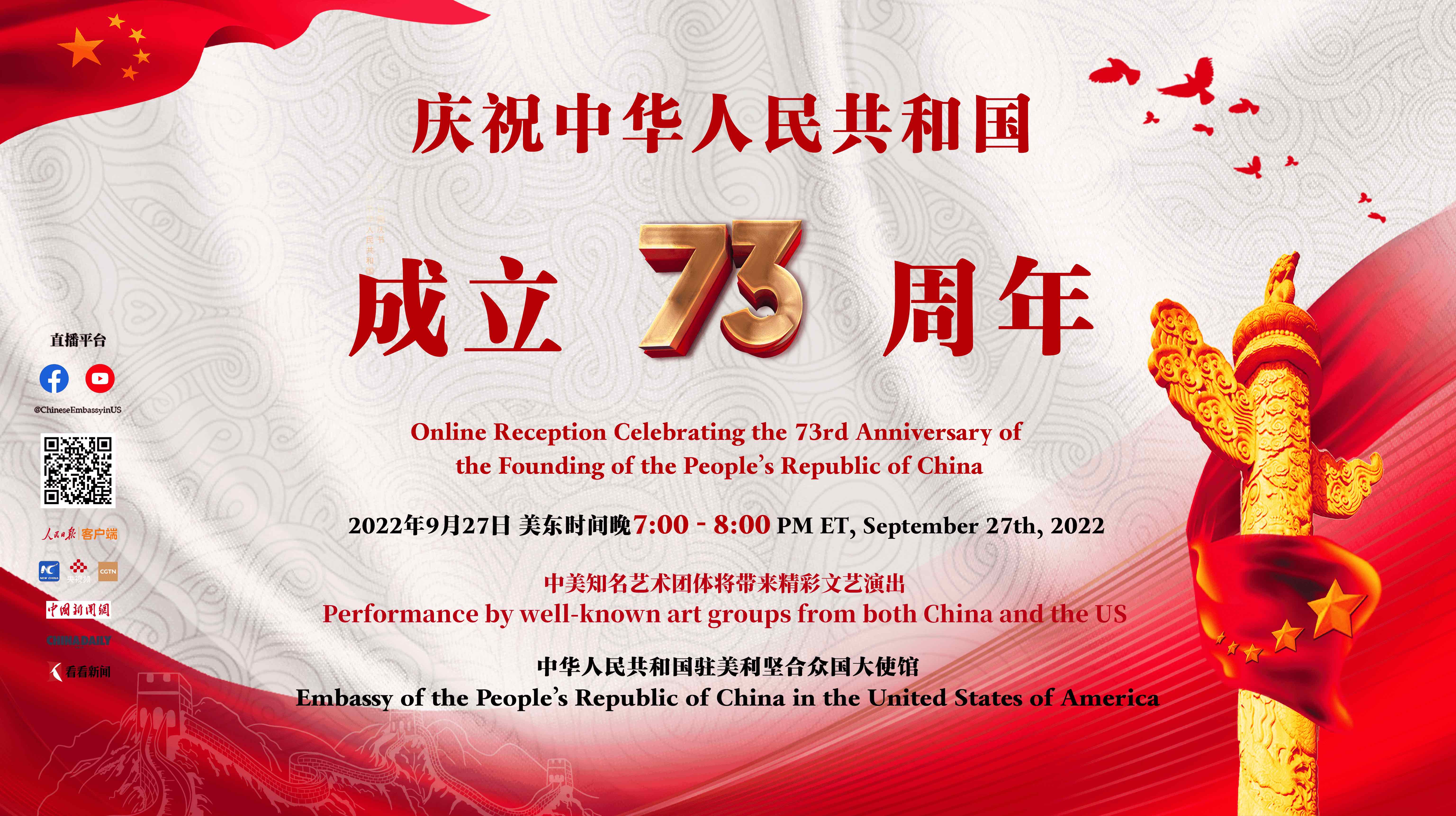


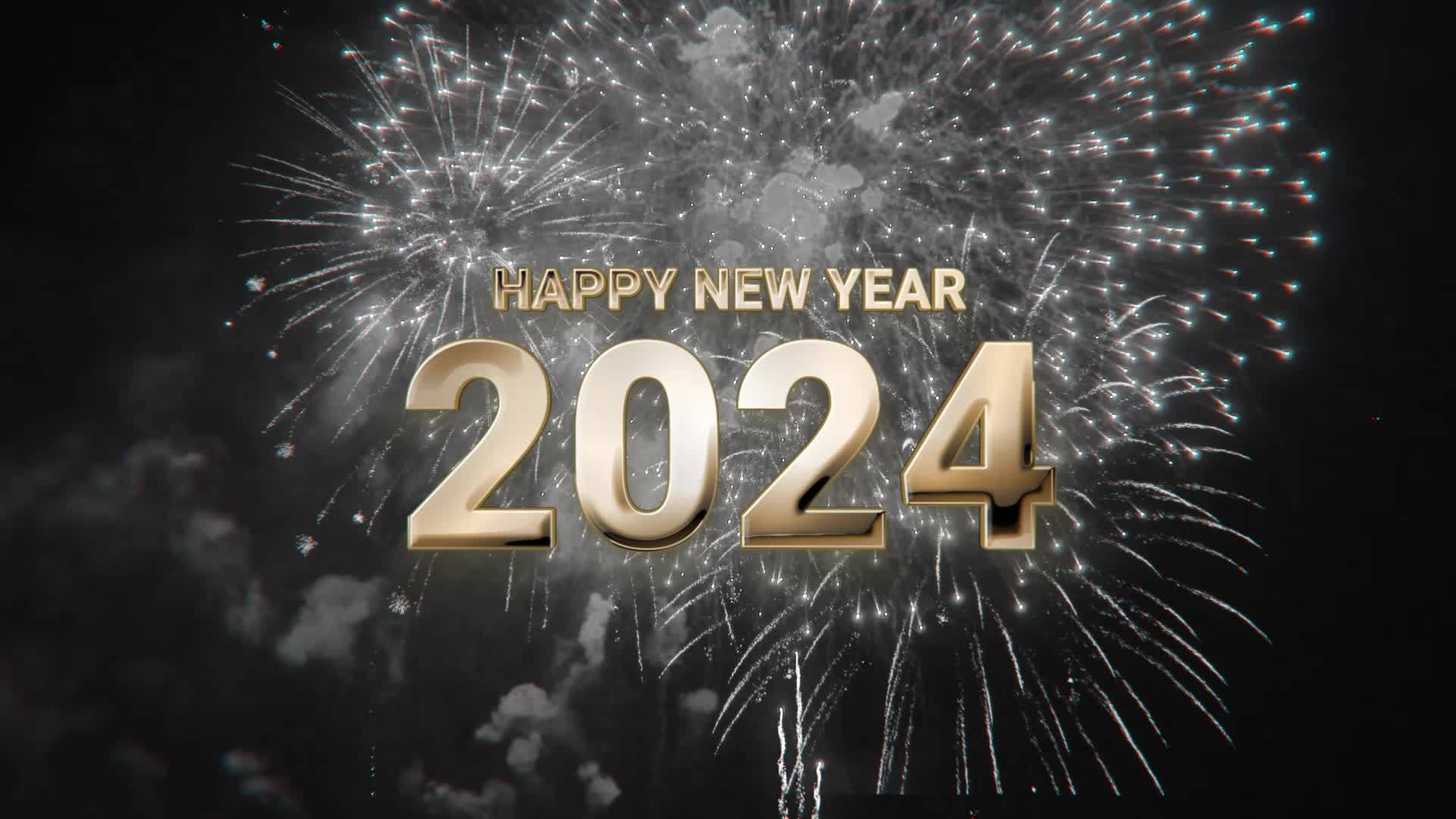
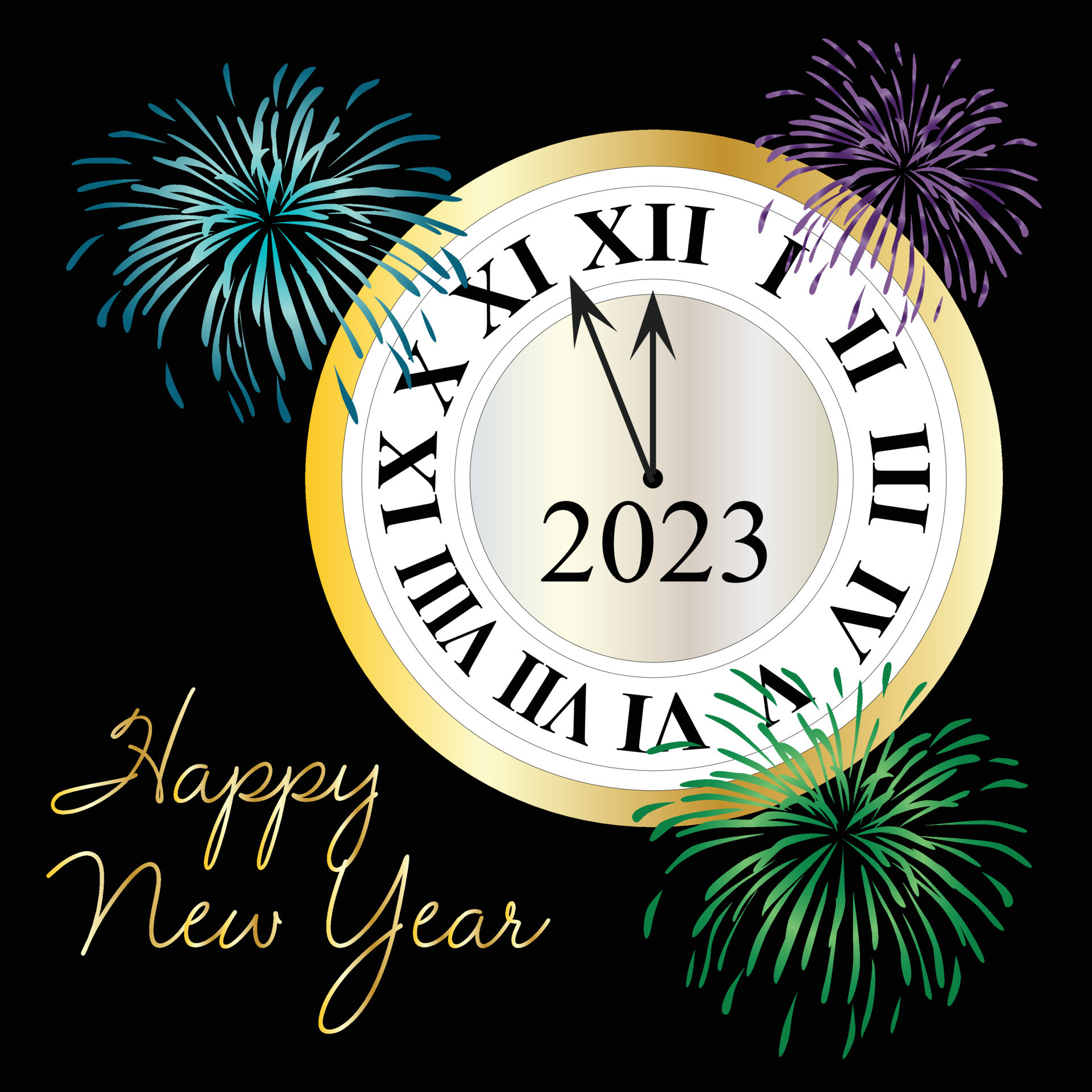
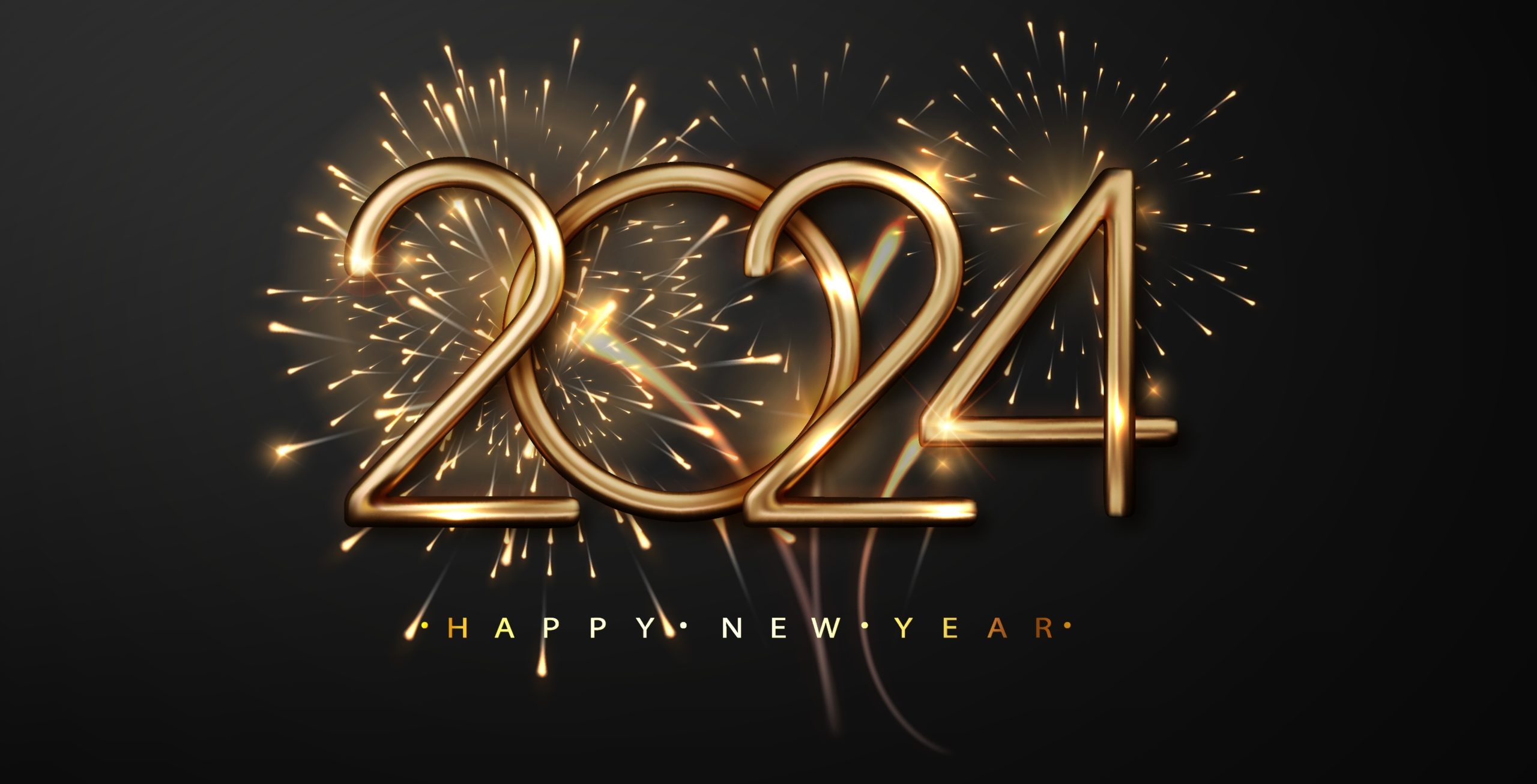


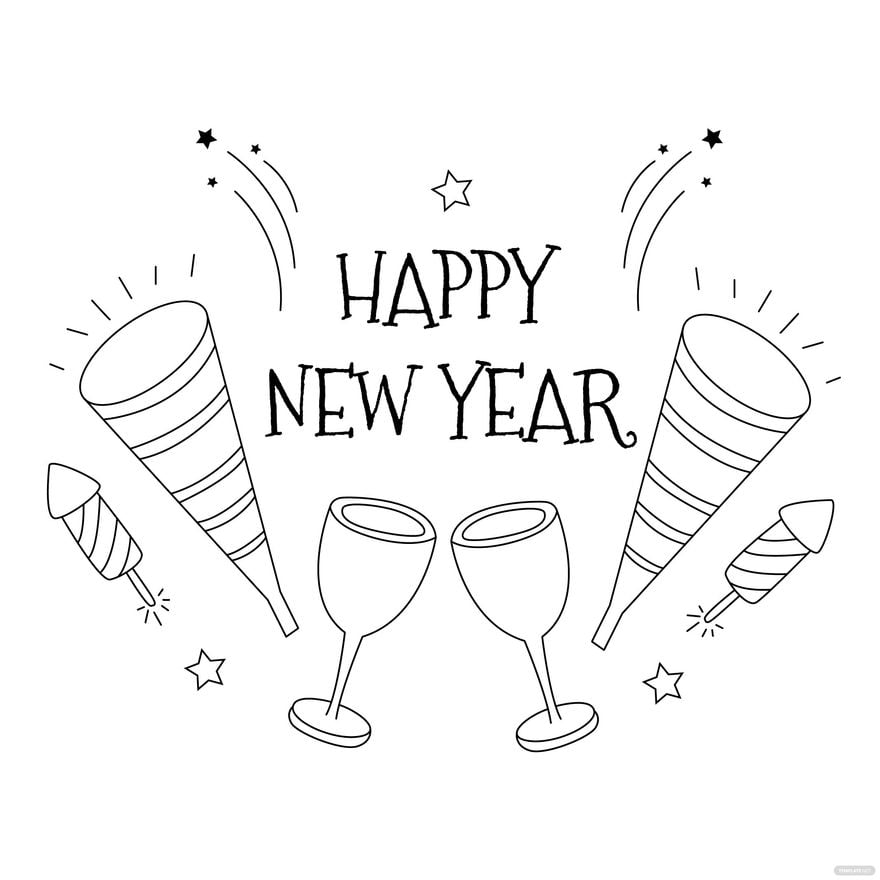


The legal holiday is seven days long, from the Lunar New Year's Eve to the sixth day of the first lunar month. Some companies and public institutions enjoy a longer holiday up to 10 days or more, because in common knowledge among Chinese people, the festival lasts longer, from the Lunar New Year's Eve to the 15th day of the first lunar month (Lantern Festival). The day before Chinese New Year's Eve is also designated as holiday, but as a bridge holiday, and will be made up on an earlier or later Saturday. Additional bridge holidays may apply, resulting in 9-day or 10-day weekends. [59] [60] [61] 4 (legally), 9–10 (including Saturdays and Sundays) [62] Thailand: Wan Trut Chin (Chinese New Year's Day) The United States: Chinese New Year is designated as a 1-day holiday in some states such as New York and Iowa and school districts in San Francisco, Montgomery, and Philadelphia. Australia: Chinese New Year is officially recognized as a state holiday in Christmas Island. China adopted the Gregorian calendar and began celebrating New Year’s Day in 1912. Though the importance of New Year’s Day pales in comparison to the traditional Chinese New Year a month later, it is observed with the rest of the world as a public holiday on January 1. Chinese New Year's Day (Jan. 29, 2025) Chinese people believe that what they do on the first day of the lunar year will affect their luck during that year. 1. Setting Off Firecrackers and Fireworks. The moment Lunar New Year arrives there is a cacophony of fireworks and firecrackers all around, even in rural China. Unlike the universal New Year observed on January 1st, Chinese New Year is never on a fixed date. The dates vary according to Chinese lunar calendar, but generally fall on a day between January 21st and February 20th in the Gregorian calendar. Chinese New Year. 1 st Day of the 1 st Month. January 29, 2025. Lantern Festival. 15 th Day of the 1 st Month. February 12, 2025. Qingming Festival. 15 th Day After the Spring Equinox. April 4, 2025. Dragon Boat Festival. 5 th Day of the 5 th Month. May 31, 2025Double Seventh Festival. 7 th Day of the 7 th Month. August 29, 2025. Mid-Autumn Laba Festival (Jan. 7, 2025): Old Chinese New Year Calendar Start. Traditionally, the start of the Chinese New Year calendar is 'The Laba Festival' (腊八节 Làbājié), which occurs about three weeks before Chinese New Year's Day and is celebrated separately. Religious activities and preparations for Lunar New Year would begin on this day. Chinese New Year's Eve (Jan. 28, 2025): 6 Traditions and Activities-除夕. As the last day of the lunar year, Chinese New Year's Eve (除夕 chú xī) is the day before Chinese New Year. It is a grand reunion time for the whole Chinese family. The Chinese Lunar New Year, starting Jan. 29, 2025, marks the Year of the Wood Snake. It’s celebrated for 15 days, ending on Feb. 12, or Lantern Festival. List of dates for other years. Upcoming holidays in China. Holidays in China 2024. Holidays in China 2025. New Year’s Day, which is on January 1, marks the start of the year in the Gregorian calendar and it's a public holiday in many countries. New Year’s Day of 2016 is here! Happy New Year! New Year's Day is an official holiday all over the world, but the celebration way varies among different countries. Check out this article to learn more about New Year's Day in China. Chinese New Year Holiday 2025. Officially, the Chinese people will have a holiday for about 7 days from Chinese New Year's Eve to the sixth day of the lunar new year. In 2025, the Chinese New Year holiday lasts from January 28th to February 4th. Some companies may extend the holiday up to 16 days. In many Chinese cities, the local temple serves as a spiritual center. The third day of the new year, January 31, 2025, is traditionally a day for visiting temples. People visit to make offerings, seek blessings from deities, and consult fortune-tellers about the year ahead. This is also a time to pause and reflect spiritually as the new year Note: From 2025 until 2029, the Chinese New Year’s Eve falls on the 29th day of the 12th lunar month for five consecutive years.. In ancient times, Chinese New Year was closely related to astronomical phenomena and agricultural production and life. The first day on Gregorian calendar, the New Year's Day, was called Yuandan, while the first day on the lunar calendar was called Chunjie (Spring Festival), which is the present widely celebrated Chinese New Year. After 1949, the Spring Festival was listed as a nationwide public holiday, and people got days off work and school. Though Christmas has come and gone, planning for New Year's celebrations are well underway, and some may be wondering what stores are open for any last-minute errands on New Year's Day. The Inca believed that the new year began on the shortest day of the year. In China the new year began when the midday shadow reached an exact length. In 153 bce the ancient Romans named January 1 as New Year’s Day. The Roman Catholic Church later changed New Year’s Day to March 25. New Year's Day, also simply called New Year or New Year's, is observed on January 1, the first day of the year on the modern Gregorian calendar as well as the Julian calendar. It is also celebrated in other cultures, such as the Chinese New Year which occurs based on the Chinese calendar . Chinese New Year is also called Spring Festival (春节chūnjié). It is a festival commonly called “pass the year” (过年guònián) by the Chinese. In modern days the festivities starts from the Spring Festival’s Eve to the Lantern Festival on Jan 15th of the lunar year, focusing on the Spring Festival’s Eve and the lunar New Year’ Day.
Articles and news, personal stories, interviews with experts.
Photos from events, contest for the best costume, videos from master classes.











